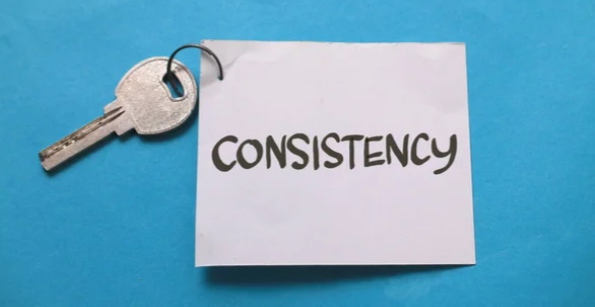
Have you ever found yourself in a situation where you feel like people are constantly taking advantage of you? Whether it’s at work, in your personal relationships, or with friends, being taken advantage of is frustrating and demoralizing experience. But why do some people seem to have a knack for exploiting others’ kindness or goodwill?
There are several reasons why people may be able to take advantage of you. Understanding these factors can help you take steps to protect yourself in the future.
One common reason why people take advantage of others is because they perceive them as weak or vulnerable. If you are someone who is always willing to lend a helping hand, listen to problems, or go out of your way to accommodate others, you may inadvertently signal to others that you are an easy target. This can attract manipulative or exploitative individuals who see an opportunity to use your kindness for their own gain.
Another reason why people may take advantage of you is because of a lack of boundaries. If you are someone who struggles to say no, set limits, or stand up for yourself, you may find that others are more likely to push the boundaries of what is acceptable. Setting clear boundaries and learning to assert yourself can help prevent others from taking advantage of your goodwill.
In some cases, people may take advantage of you simply because they can. If you are someone who is known for being generous, reliable, or helpful, others may assume that you will always be willing to assist them, even if it inconveniences you. It’s important to remember that it’s okay to prioritize your own needs and well-being, and to say no when necessary.
Finally, some people may take advantage of you because they lack empathy or concern for others’ feelings. These individuals are only focused on their own needs and desires, and may not consider how their actions impact others. In these cases, it’s important to recognize when someone is taking advantage of you and to remove yourself from the situation if necessary.
While it can be disheartening to feel like you are constantly being taken advantage of, it’s important to remember that you have the power to protect yourself and set boundaries. Be mindful of the reasons why people may take advantage of you. You can take steps to prevent it from happening in the future. Remember that your kindness and generosity are valuable traits, but it’s important to also prioritize your own well-being. Also, you need to set limits when necessary.









